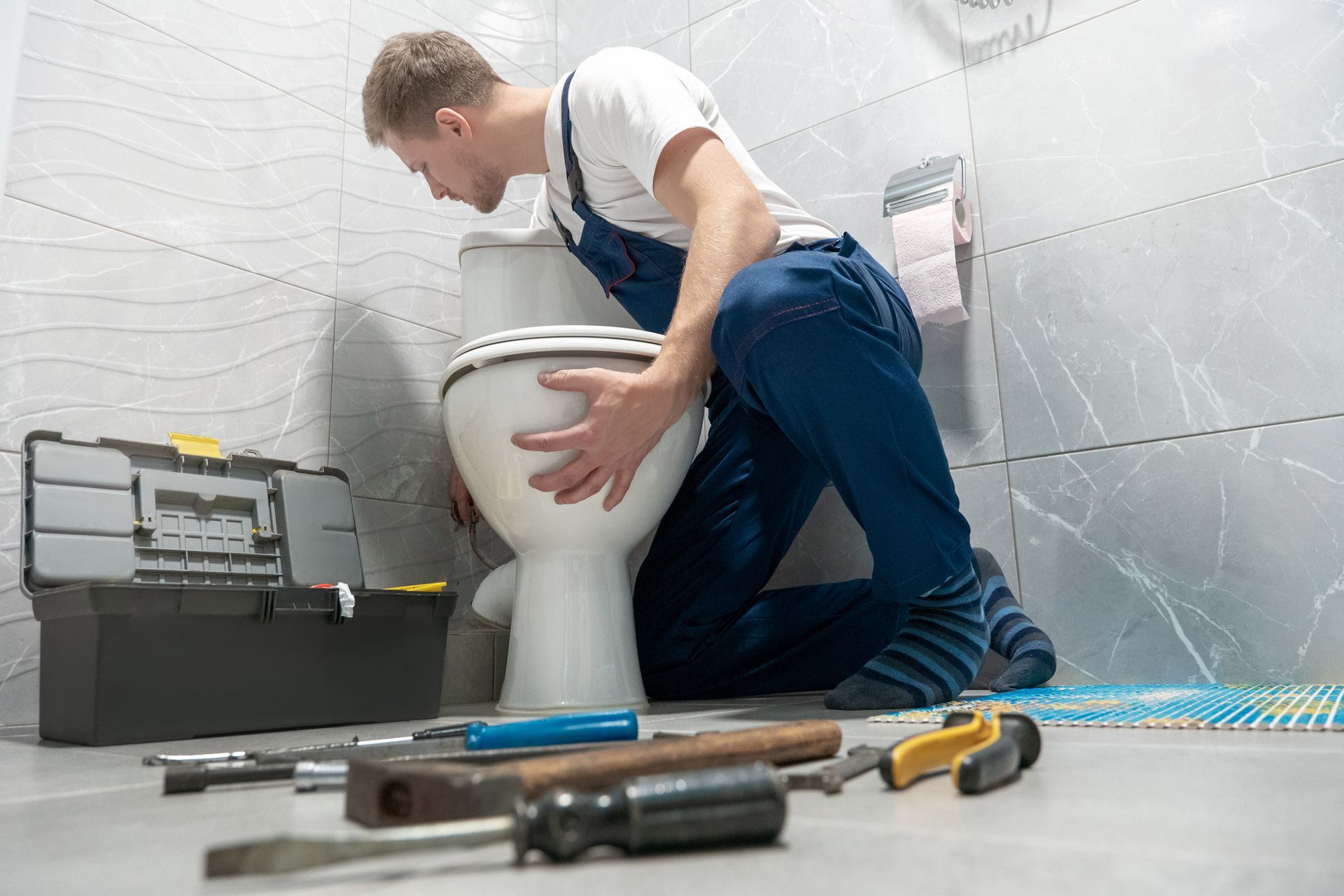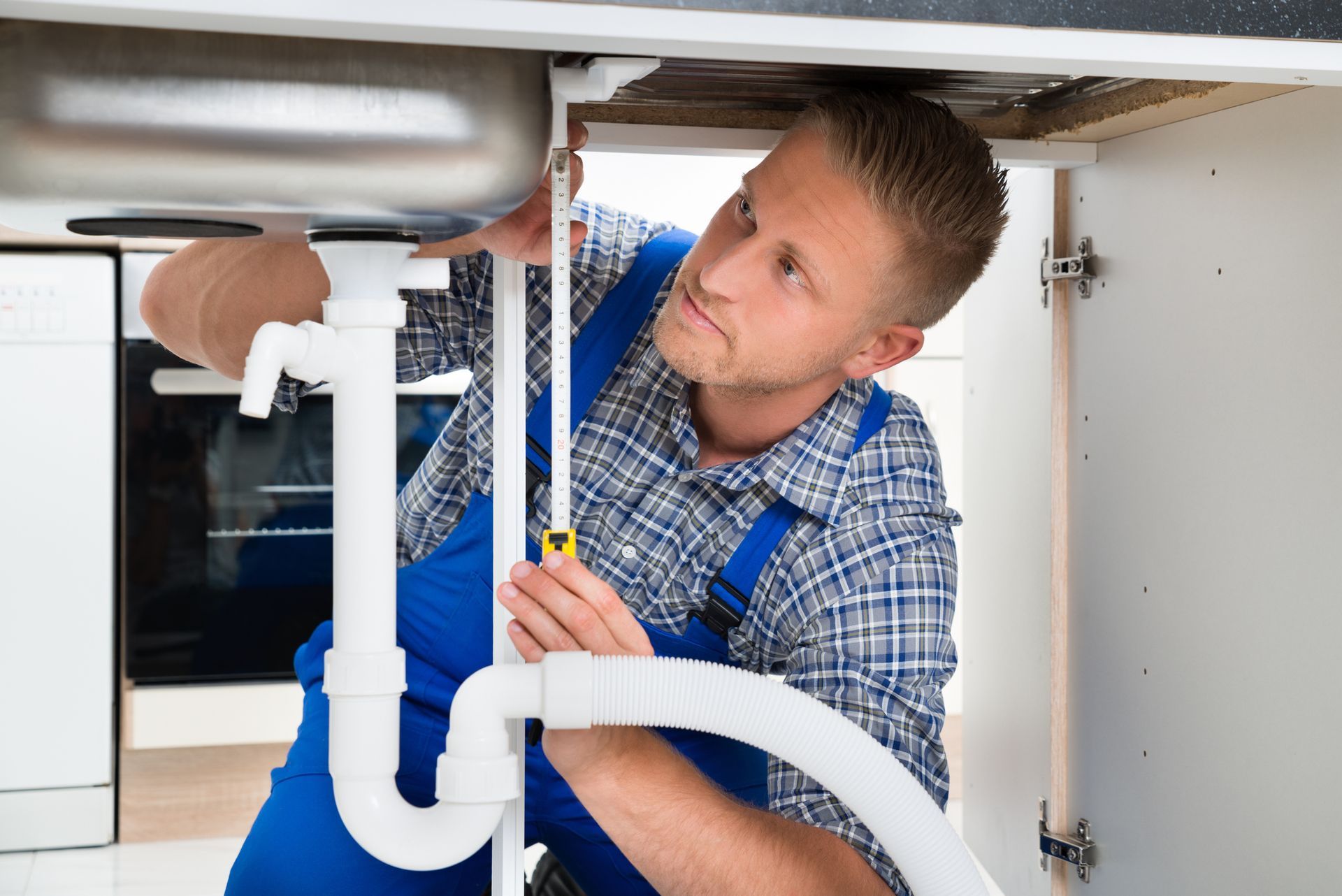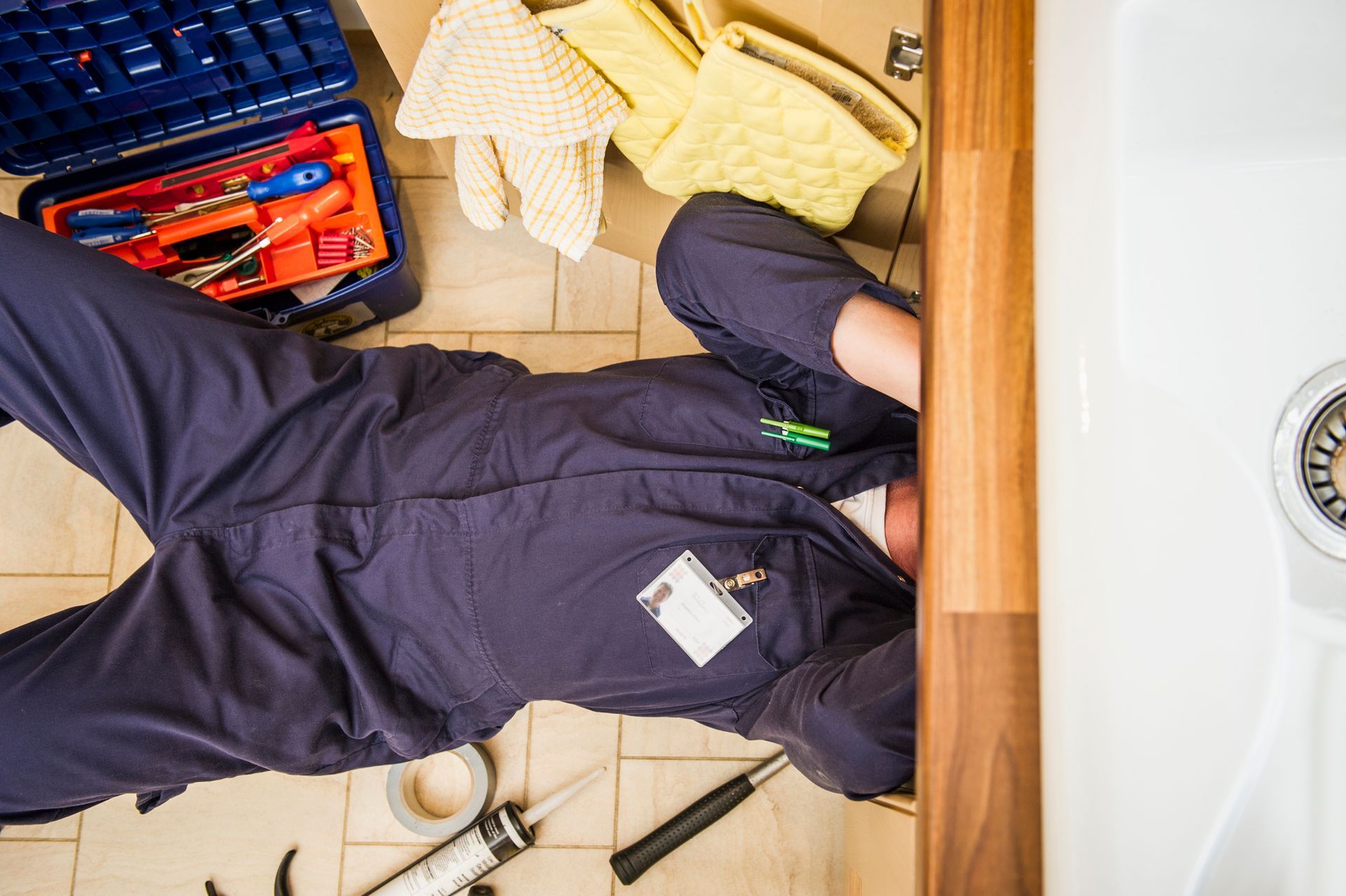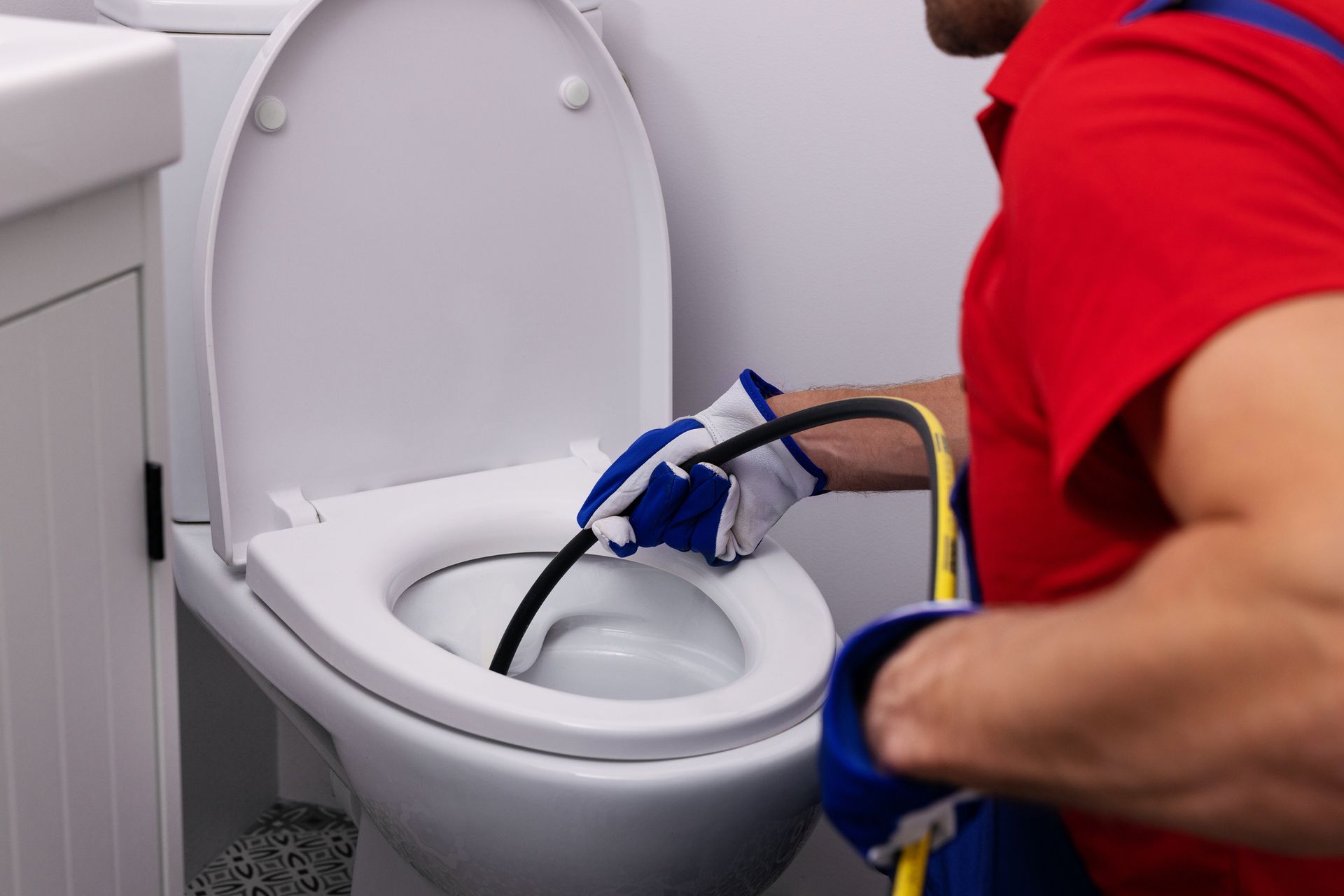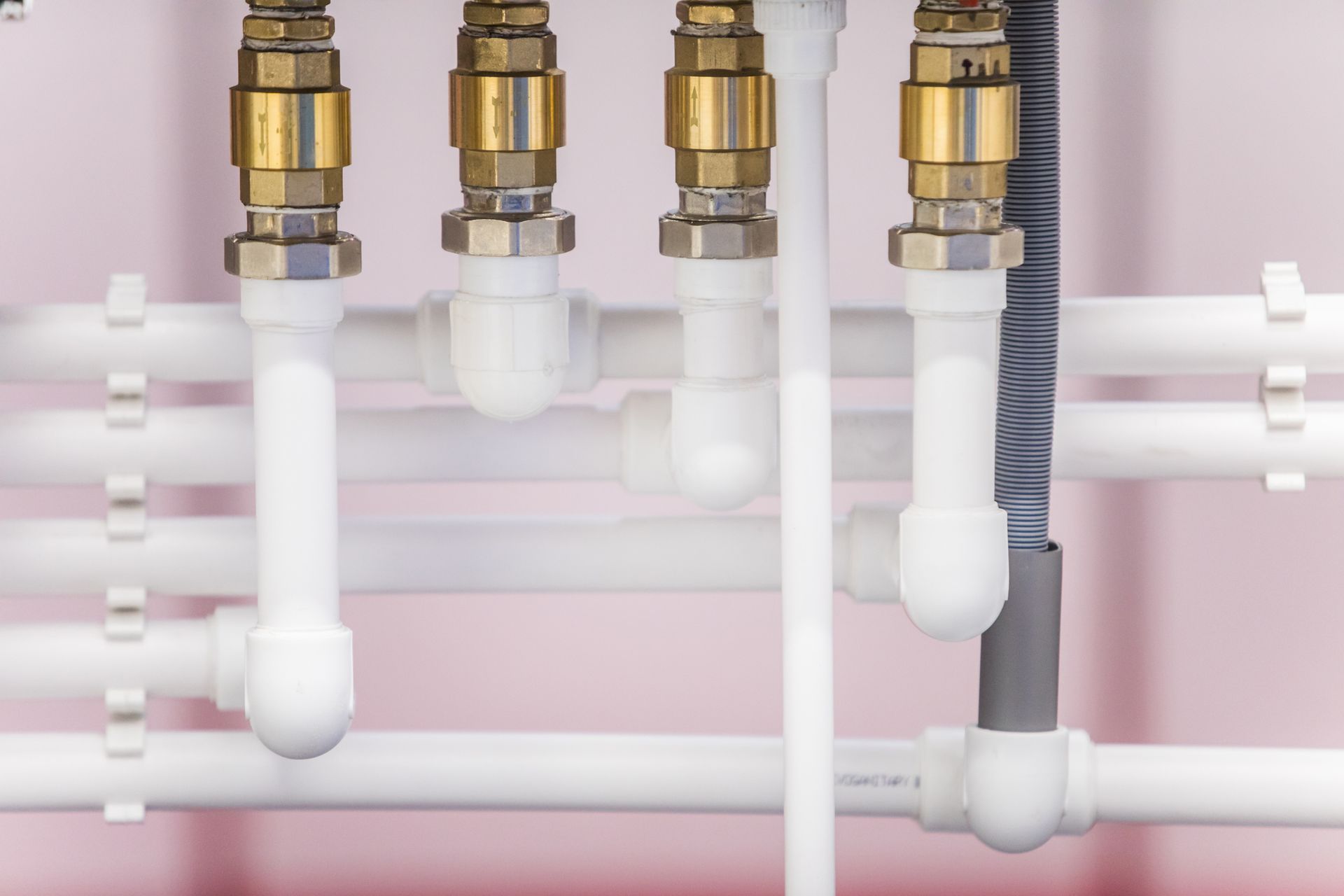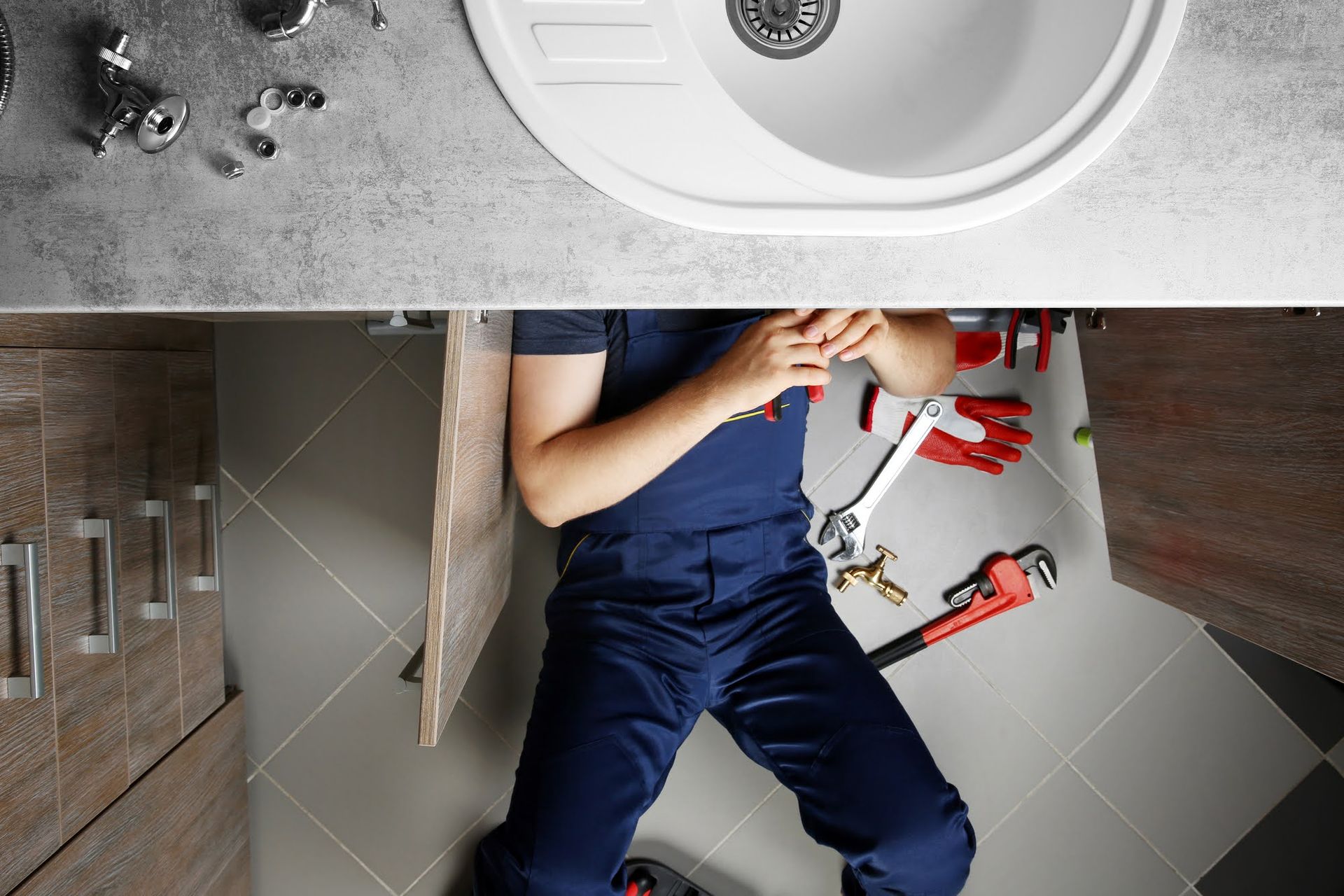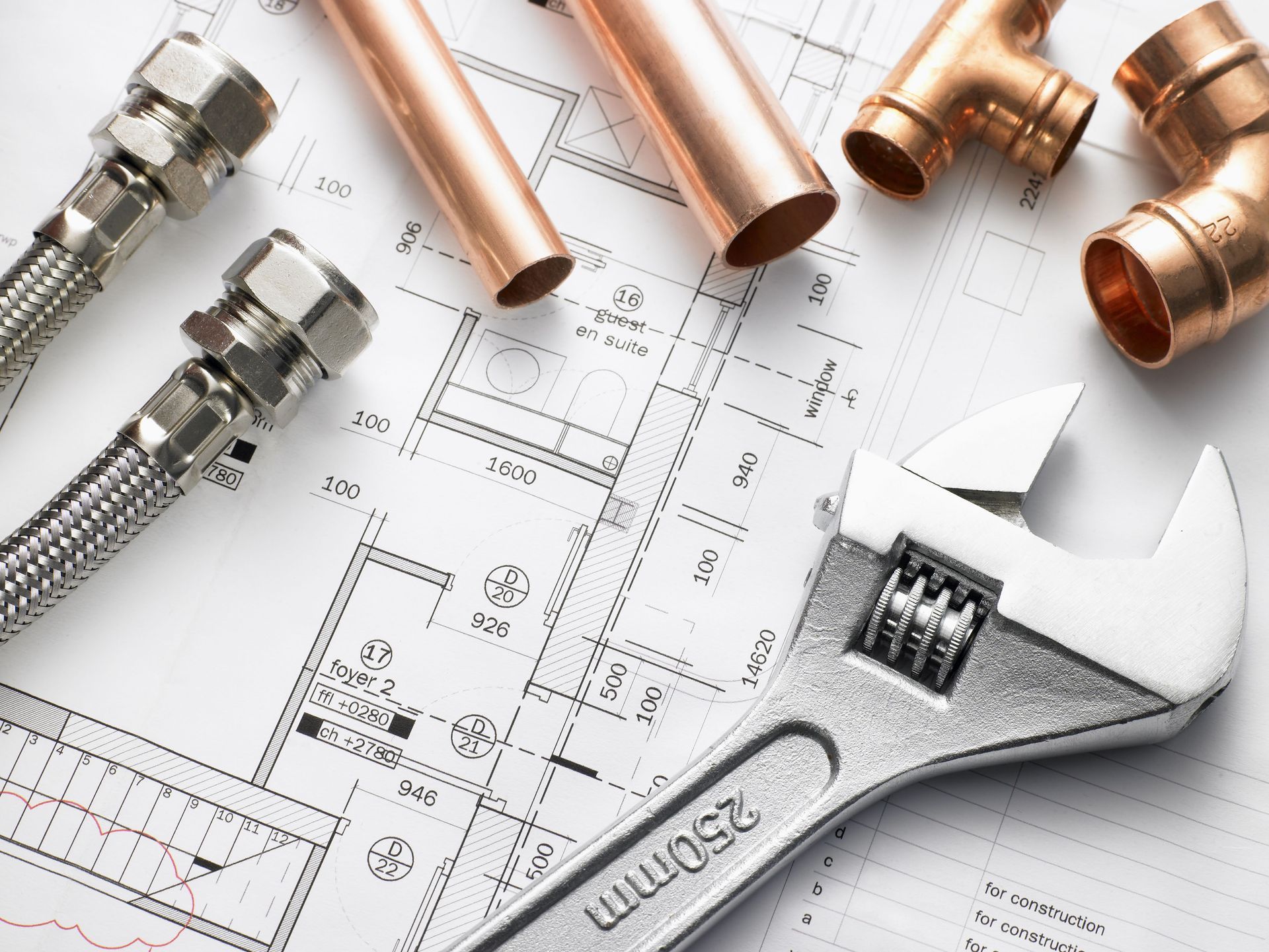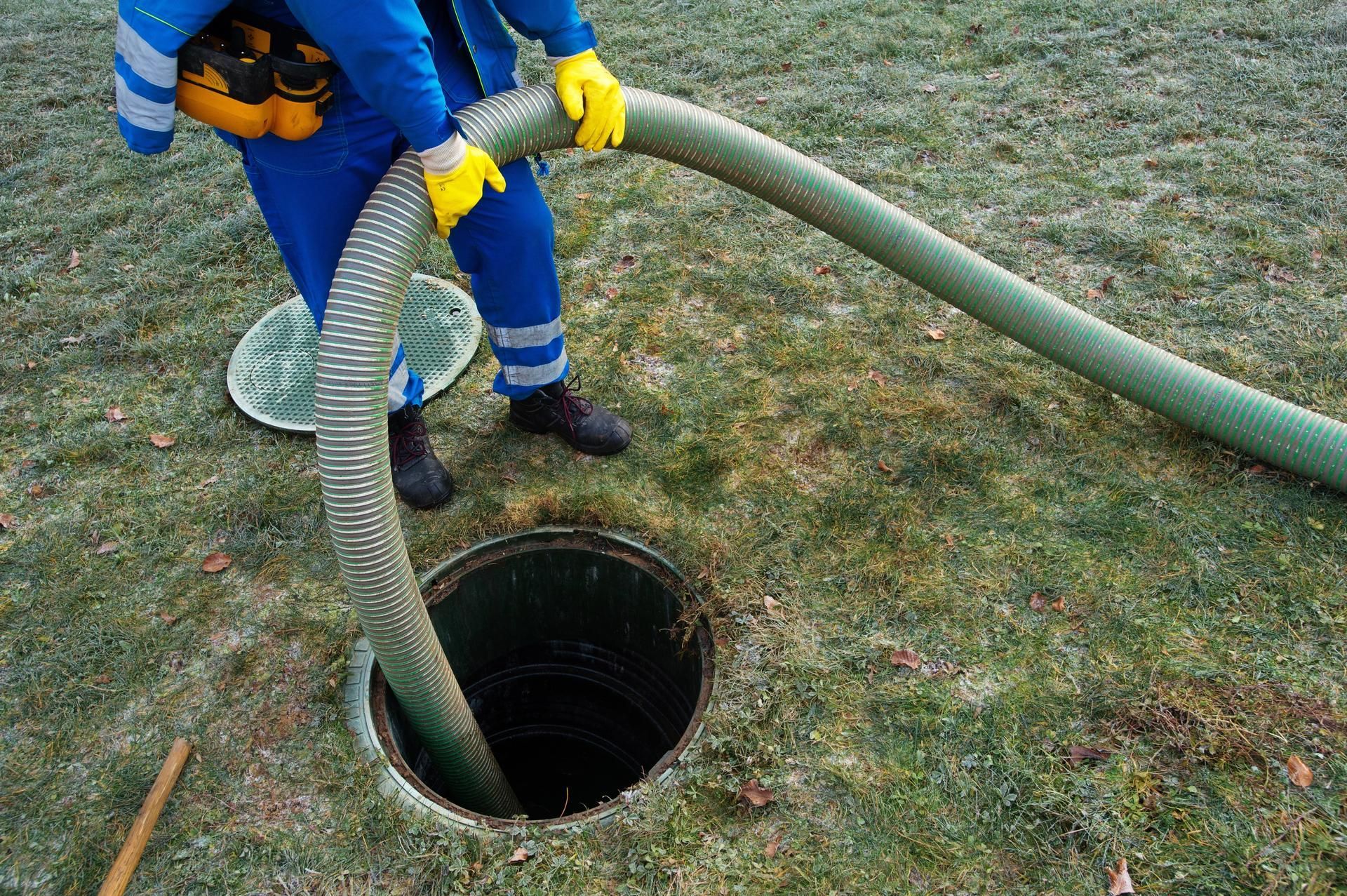How Often Should You Clean Your Drains?
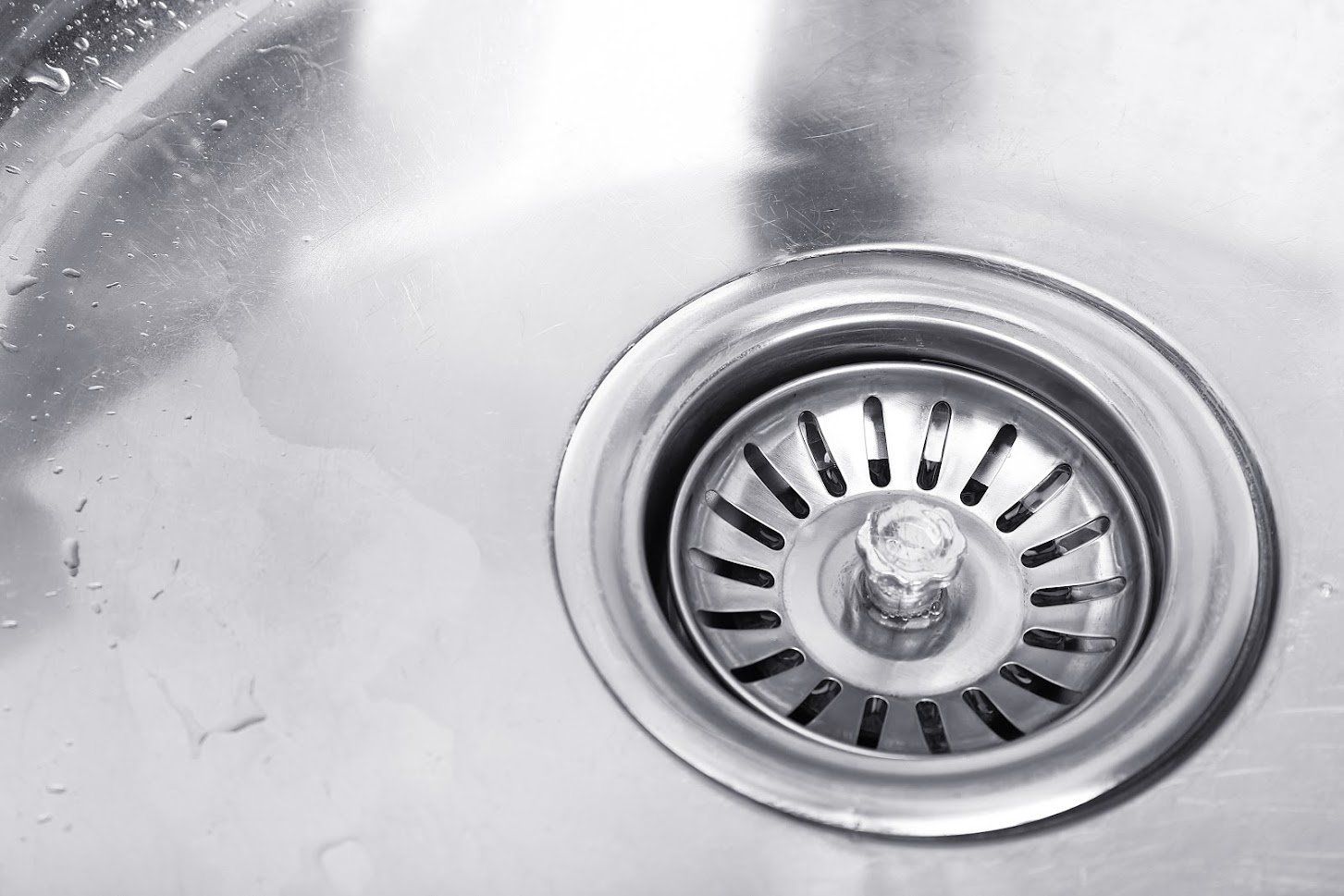
Most people know they should clean their drains regularly, but many don't know how often they should schedule this maintenance. Once per year is typically sufficient for most homes. However, there is no definitive answer to this question, as it depends on various factors. Discover general guidelines to help you decide how often you need to clean your drains.
The Frequency of Use
The more you use your drains, the more often you'll need to clean them.
If you have a family of five who take showers daily, you'll need to clean your drains more often than someone who lives alone and only uses their sink a few times a week.
Each time water goes down the drain; it leaves a little residue. This residue can build up over time and eventually lead to clogs. The more often you use your drains, the more residue will build up, and you will likely experience a clog.
The Type of Drains
Kitchen sinks, for example, tend to get dirtier than bathroom sinks because they're used for activities like washing dishes and preparing food. As a result, you'll need to clean the kitchen drains often.
On the other hand, bathroom showers and tubs don't usually get as dirty as kitchen sinks because people don't typically use them for tasks that generate a lot of residue. However, hair can still build up in these drains and cause clogs. So while you may not need to clean your bathroom drains as often as your kitchen drains, you should still schedule regular maintenance.
The Age of Your Drains
Older homes often have galvanized steel pipes, which succumb to rust and corrosion over time. As the pipes age, they become increasingly brittle and more prone to breaking. This can cause serious problems, including leaks, clogs, and complete blockages.
Newer homes tend to have PVC or other plastic pipes, which are not as susceptible to corrosion. However, these pipes can still become clogged with debris over time. You'll need to schedule regular drain cleanings to ensure your pipes remain clear and functional.
The Environment
Any particularly harsh environment on your drains will require more frequent maintenance.
If you live in an area with a lot of trees, you may find that leaves and other debris fall into your gutters and clog your drains. If you use a hard water supply, the minerals in hard water can build up over time and cause clogs.
Winters can also be tough on drains. The cold weather can cause pipes to freeze and break, leading to clogs.
Your Drainage System
Two main types of drainage systems exist: storm drains and sanitary sewers.
Storm drains handle runoff from rain and melting snow and typically empty into a nearby body of water. On the other hand, sanitary sewers carry waste and sewage from homes and businesses to treatment plants.
Storm drains generally require less frequent cleaning. However, leaves and other debris can build up in storm drains and cause problems. As a result, periodically check storm drains and remove any blockages.
On the other hand, sanitary sewers require regular cleaning to prevent backups and overflows.
If you're unsure how often you should clean your drains, the best thing to do is talk to a professional. They can assess your situation and give specific recommendations based on the factors mentioned above. Don't wait until you have a problem, as regular drain cleaning can help prevent costly repairs down the road.
Are you in need of drain cleaning services? Michigan Plumbing can help! We offer a wide range of plumbing services, including drain cleaning, to meet your needs. Contact us today to schedule a consultation.

